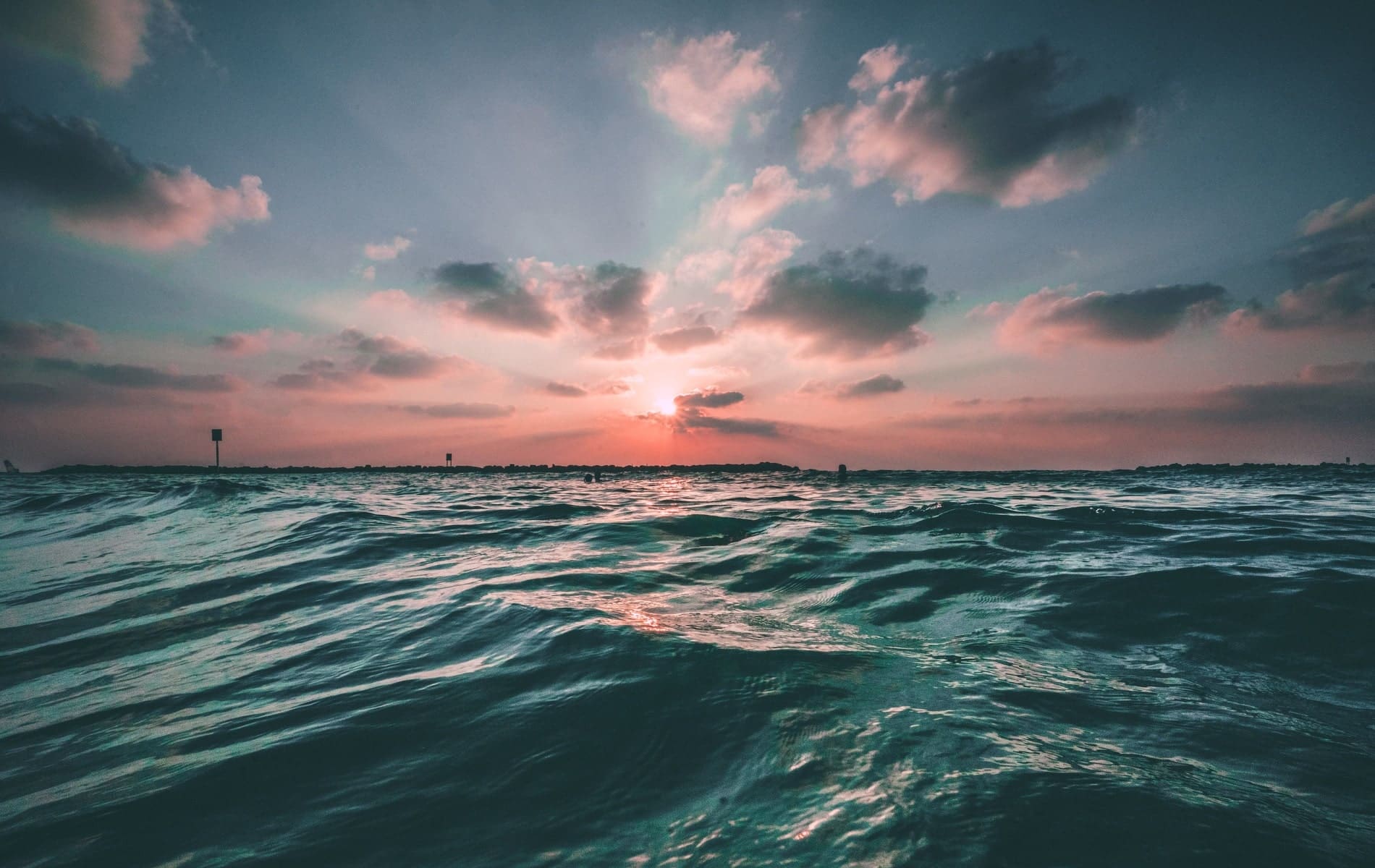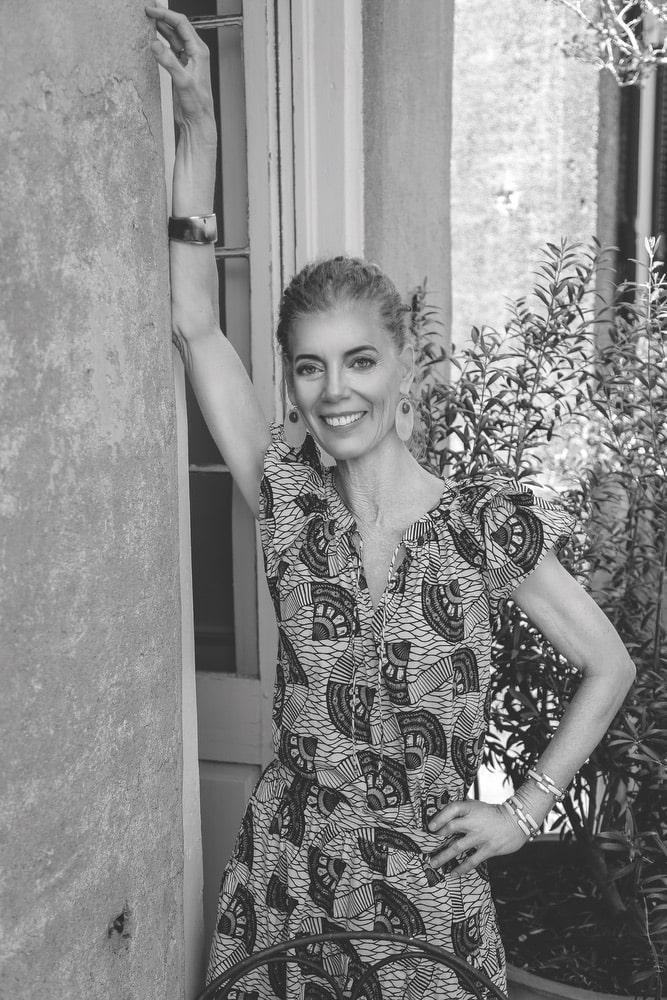
VIE_Magazine_FEB23_article_Suzanne_Pollak_HERO-min
The Mediterranean Sea off the coast of Lebanon
Blessed Journeys with Friends
By Suzanne Pollak
Whether we are young or old, trips with friends can enrich our lives in profound ways far beyond our day-to-day experiences.
At the age of seven, I left Somalia with my best friend Pini and her mother on a three-month odyssey that introduced me to secret love, sea voyages conducted by foreign-speaking men, indulgent French pastries, urban luxury, and Christmas in the snow.
Pini and her mother were Dutch and spoke their native language for most of the trip. Nevertheless, we were mischievous comrades throughout our adventure. We left Mogadishu on a banana boat that headed into the Indian Ocean and eventually made its way through the Red Sea and the Suez Canal to southern France. We boarded the boat by climbing into a canvas basket lifted by a crane onto the deck. Camels boarded that way too—but one leaped out of the basket to his death in the ocean.
Pini’s beautiful mother organized most of our time. She commanded us to sit at the end of her deck chair, from which—dressed in a tiny bikini—she knitted complicated sweaters and had us recite multiplication tables. I didn’t mind because it was my chance to hear English. We ate all our meals family-style at a long table somewhere at the bottom of the boat: sailors, the captain, workers, Pini’s glamorous mother, and we two seven-year-old girls. The sailors conversed in Italian or Arabic. I cannot remember what we ate, but I do know that we never ate a banana.
Pini’s mother needed me on the trip to keep her daughter company while she rendezvoused with her lover. We discovered this upon meeting him the moment we disembarked in Marseille. He was friendly and sweet, almost like another husband, but far more intimate. We marveled at this erotic friendship and were drawn into its secrecy. We stopped at a French pastry shop, a magical jewel box where I tasted a palmier (sometimes called “French hearts”) for the first time. It was too rich for my taste then, but the crunchy, flaky puff pastry palmier always reminds me of illicit love
Pini’s beautiful mother organized most of our time. She commanded us to sit at the end of her deck chair, from which—dressed in a tiny bikini—she knitted complicated sweaters and had us recite multiplication tables.
Pini and I were soon deposited at the elegant Geneva apartment of my Aunt Margaret and Uncle Vincent. That luxurious Swiss city provided the biggest culture shock of my young life. I was used to African communities on the equator. Unlike the hired help in Somalia, who would play with us all day, the elderly Geneva housekeeper wanted nothing to do with little children.
Pini and I quickly discovered other ways to occupy our time. I remember trying on perfume from the crystal bottles on Aunt Margaret’s mirrored dressing table. They were so precious, fragile, and feminine, unlike anything I had ever seen or smelled. It was fun to open the bottles and press them to our noses. We put drops on our fingers. Soon we were pouring the perfume directly onto our skin until the bottles were empty. Aunt Margaret was not happy when she discovered what we had done. To this day, I can recall shivering under her stern rebuke and my sense of guilt.
After several weeks, the lovers returned and drove us to Holland, where we stayed with Pini’s relatives. I discovered snow, which I thought of as Europe’s version of the sand I played in at home. We sledded down hills, built snowmen, and learned how to throw snowballs. Pini’s cousins taught us how to hitch a sled to the back of unsuspecting cars and ride down the street—so thrilling! They built villages out of Lego bricks, with tiny white lights in the Lego houses, which is something I never saw in the US, even years later. That Dutch Christmas, including the presents I received from St. Nicolas, was truly magical.
Almost sixty years later, I left my home in Charleston, South Carolina, for a life-changing trip to Lebanon, the place of my birth, with my best friend Autumn. Her intelligence, courage, and quest for adventure were matched by her loving kindness to me. Autumn typically took solo trips to exotic places, so I was surprised and honored when she asked me to go with her to Lebanon. I said yes to the trip and all the adventures Autumn had planned. That included paragliding, which I agreed to do before knowing what it was. When the day came to jump off a mountain and sail over the Cedars of God, the oldest trees in the world, I experienced fifteen minutes of indescribable freedom, letting go, trusting, and soaring with no fear.
But there was plenty of fear to come. After the paraglide, we had to walk thousands of meters down the mountainside on a dirt-and-stone path so narrow that the slightest misstep would mean tumbling into the abyss. My terror made me lag, and I fell behind. Autumn tried to relax me by asking about a party I was planning back home. As I passed by caves where Christian monks and hermits lived for centuries, I felt wisdom washing over me, whispering to choose trust, not fear. I made it, one step at a time.
At breakfast that morning, we saw a wooden sign by our table that read: “Much of your pain is self-chosen.” Then, flipping through The Prophet by Kahlil Gibran, the revered Lebanese writer, we found the poem “Pain” with the same quote. I am convinced that Gibran and the Christian hermits (along with my dear friend Autumn) helped me make it down the mountain. We celebrated at a family-owned restaurant that served us nineteen different dishes as we watched a wedding party dance, sing, and feast.
I ate at Lebanese restaurants every Sunday during my eighteen years of growing up in Africa, and I’m still convinced that Lebanese food is the best anywhere in the world. Known as the “land of milk and honey” for its natural abundance, Lebanon’s fish is always freshly caught, its coffee is so strong your brain stands to attention, and its falafel is unlike anything in America.
One late afternoon in Baalbek, we wandered into the only open restaurant—empty except for a table of men playing backgammon. They looked up with shock when two women entered. Autumn asked for food, but we were offered only water. It seemed the place wasn’t open after all (it may not have even been a restaurant). Still, in a gesture of hospitality not often seen in the West, one man from the table came over and arranged to have roast chicken, hummus, salad, yogurt, olive oil, French Fries, and Pepsi brought to us from a place nearby. He then motioned for me to move over so he could play backgammon with Autumn, playing like a military commander. We learned enough from him to beat most people in the US. He turned out to be a member of the politically militant group Hezbollah.
Following that experience, Autumn and I bought backgammon sets at a souk in the city, a marketplace in tunnels and alleys shaded by high walls and packed with people. Everything was for sale, from freshly butchered cow heads to gold bracelets, wedding dresses, and tiny candies made on the spot.
On our last day in Lebanon, we swam in the Mediterranean, which required us to walk over large rocks to get into the salty turquoise water. I felt my constraints and fears melting away and my spirit being cleansed. I had stepped out of my comfort zone. I had gone past my limits. I felt ready for new ways of living. Once again, I was blessed by a journey with a friend.
— V —
Suzanne Pollak, a mentor and lecturer in the fields of home, hearth, and hospitality, is the founder and dean of the Charleston Academy of Domestic Pursuits. She is the coauthor of Entertaining for Dummies, The Pat Conroy Cookbook, and The Charleston Academy of Domestic Pursuits: A Handbook of Etiquette with Recipes. Born into a diplomatic family, Pollak was raised in Africa, where her parents hosted multiple parties every week. Her South Carolina homes have been featured in the Wall Street Journal Mansion section and Town & Country magazine. Visit CharlestonAcademy.com or contact her at Suzanne@CharlestonAcademy.com to learn more.
Share This Story!
KEEP UP WITH THE LATEST STORIES FROM VIE

















































































































































